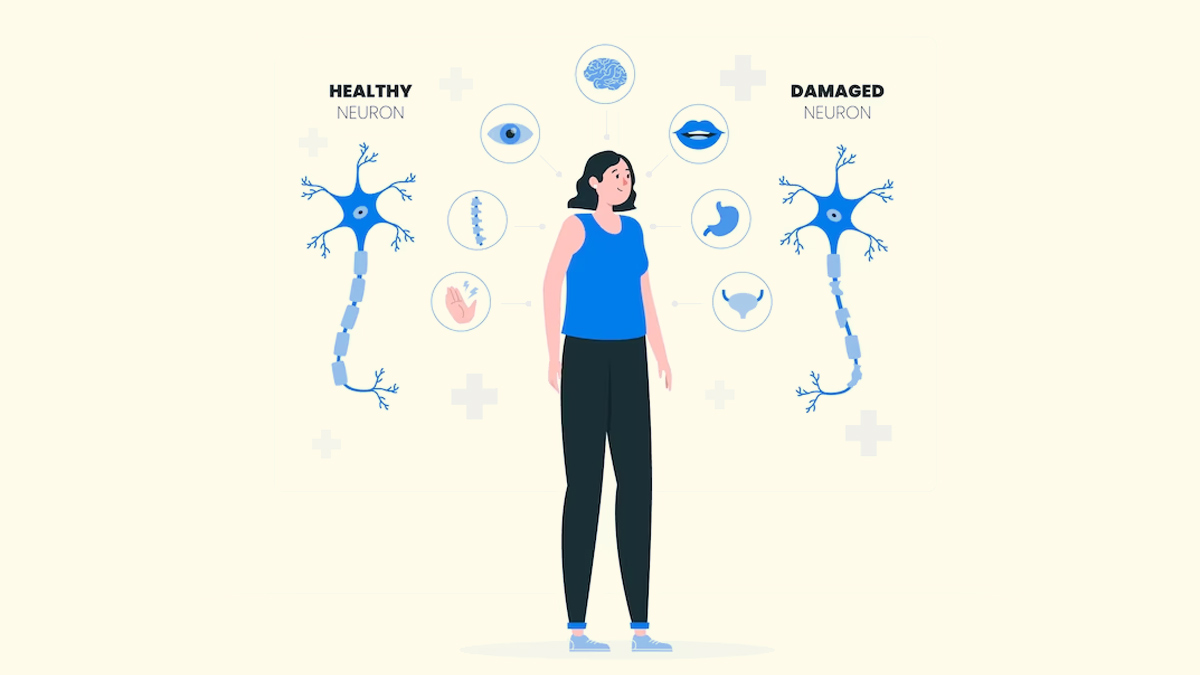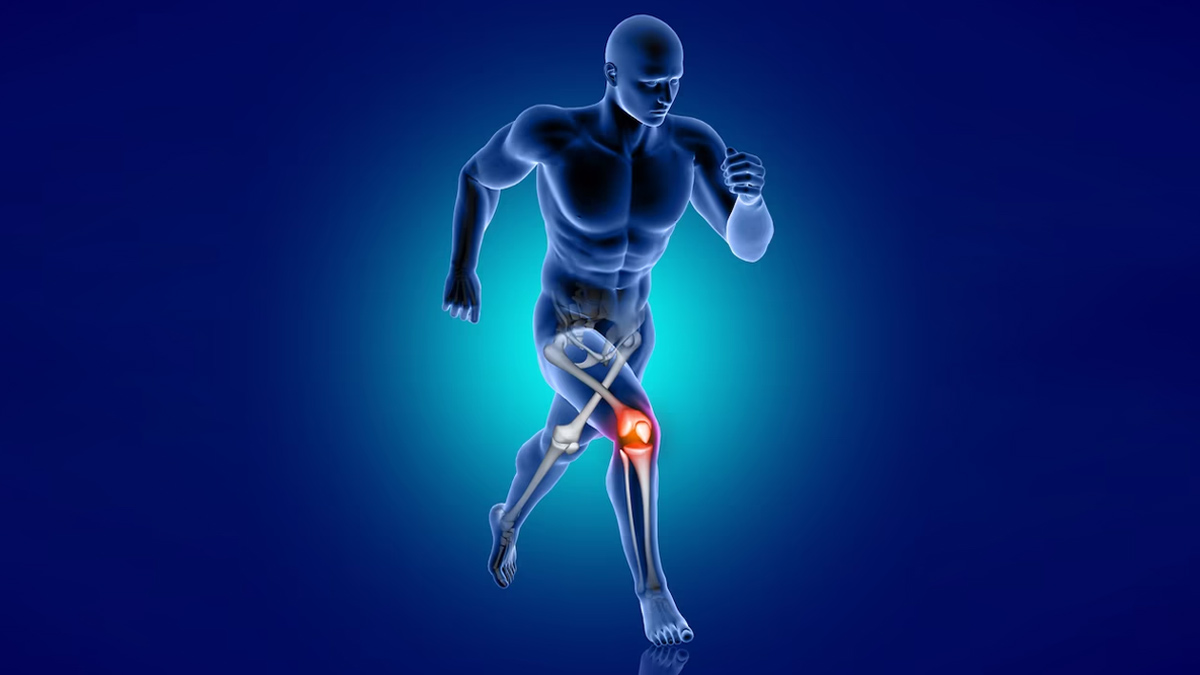
Lead is a naturally occurring metal, which has been used by humans for centuries because of its versatility. However, as our knowledge of the effects of lead on human health has developed, it has become clear that lead can be harmful to human health. Despite efforts made to decrease exposure, lead is still a major concern, particularly in some industries.
Table of Content:-
According to World Health Organisation exposure to lead also causes:
- Anaemia
- Hypertension
- Renal impairment
- Immunotoxicity
- Reproductive organ toxicity are all possible side effects.
What Potential Sources of Lead Exposure
Lead is largely absorbed through the gastrointestinal tract, the lungs, and the skin. Following are the substances which may cause lead exposure:
- Lead-based paints in older homes
- Contaminated water from ageing plumbing systems
- Some industrial operations
- Lead-acid batteries
- Imported cosmetics
- Effects on the Nervous System
Also read: Woman Lands In Hospital For Lead Poisoning Due To Ayurvedic Medicine: What We Know
Lead has an extraordinary affinity for the nervous system. It disrupts neurotransmitters, resulting in cognitive and behavioural difficulties. Even low amounts of exposure in youngsters can cause learning difficulties like:
- Lower IQ
- Attention deficits
- Poor academic performance
- Adults may have mood swings, memory issues, and difficulty concentrating.
- Cardiovascular Implications
As per Oxidative Medicine and Cellular Longevity, lead disrupts the function of blood vessels, promoting inflammation and oxidative stress, which contribute to these health issues.

Impact on Reproductive Health
Lead can affect both male and female reproductive health. In men, exposure to lead may lead to reduced sperm quality and fertility. Pregnant women who are exposed to lead can experience complications like premature birth, low birth weight, and developmental abnormalities in their babies. Lead can also transfer from mother to child through breast milk.
Affects Bone Health
Lead has an affinity for bones, where it can accumulate over time. This accumulation can lead to decreased bone density, which is particularly concerning in older people, potentially increasing the risk of fractures and osteoporosis.

Renal Damage
The kidneys are responsible for eliminating toxins from the bloodstream. Lead disrupts this process, resulting in kidney damage over time. Chronic lead exposure can develop kidney disease, necessitating medical attention.
Mitigation and Prevention
To understand the significance of lead's impact, several methods to prevent exposure have been put in place. These include eliminating leaded petrol, restricting the amount of lead in consumer products, and raising awareness about the hazards of lead in older homes. Efforts are undertaken to locate and remediate contaminated areas.
Lead, once lauded for its utility, is now considered as a severe threat to human health. Its harmful effects on the neurological, cardiovascular, reproductive, and skeletal systems serve as a sobering reminder of the importance of being proactive in identifying and decreasing exposure.
Also read: Two Vitamin Deficiencies That Can Lead To Anaemia: How To Get Optimum Levels
Understanding the harm lead may cause is important to ensuring our well-being as we try to create safer settings for ourselves and future generations.
Also watch this video
How we keep this article up to date:
We work with experts and keep a close eye on the latest in health and wellness. Whenever there is a new research or helpful information, we update our articles with accurate and useful advice.
Current Version